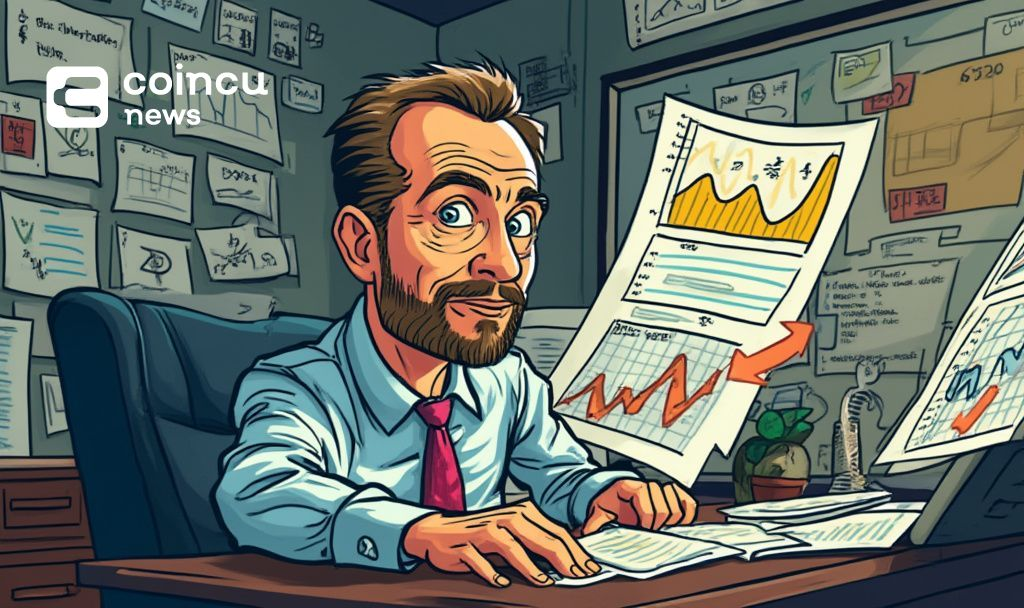- Thomas Barkin addresses inflation and tariff impacts on interest rates.
- Interest rate cuts depend on inflation confidence, Barkin says.
- Market optimism remains despite possible inflationary risks.

Thomas Barkin, President of the Richmond Fed, discussed economic uncertainty on March 27, 2025, highlighting inflation and potential tariffs at Washington and Lee University. Barkin’s observations reflect on market confidence amid inflation risks and delineate the complexity of U.S. economic policies.
Barkin spoke about the potential impact of tariffs. According to him, tariffs increased modestly in 2018 but may rise significantly in 2025. He noted potential tariff increases on China and other countries, which could impact inflation significantly.
Barkin cautioned about interest rate cuts, emphasizing the need for inflation confidence.
“Take tariffs. In 2018, average tariffs rose by about 3 percentage points, with most studies assessing they had only a modest impact on growth and raised prices about 0.3 percent. This time around, if we assume an eventual 20 percent tariff on China and a 25 percent tariff on Mexico and aluminum and steel products, the average tariff rate rises almost four times more than in 2018. In the context of recent high inflation, one could imagine more of an impact on prices, but no one knows where the tariff rates will finally settle or how affected countries, businesses and consumers will respond.”
The persistence of high inflation and global economic factors add complexity to U.S. monetary policy. The Richmond Fed will adapt based on upcoming data and developments.
Market Optimism Persists Despite Inflation Concerns
Market responses to Barkin’s speech were mixed, with some expressing optimism about growth prospects, while others remain wary of inflationary pressures. Barkin stated that businesses are likely to pass increased costs onto consumers if inflation persists.
Did you know? In 2018, average tariffs increased by approximately 3 percentage points. However, current tariff proposals could quadruple this figure, potentially affecting global markets more dramatically.
The economic situation underlines the challenges faced by monetary policymakers. As inflation remains above target, the Richmond Fed’s stance is seen as “moderately restrictive,” reflecting past strategies. Historical comparisons to 2018 highlight the nuanced impacts of tariffs on growth and pricing.
The existing economic climate requires vigilance. Barkin conveyed that the Richmond Fed is well-positioned but must continually reassess as situations evolve. The balance between employment, inflation, and economic growth remains crucial as fiscal policies unfold.
Source: https://coincu.com/329747-barkin-inflation-tariff-impact/